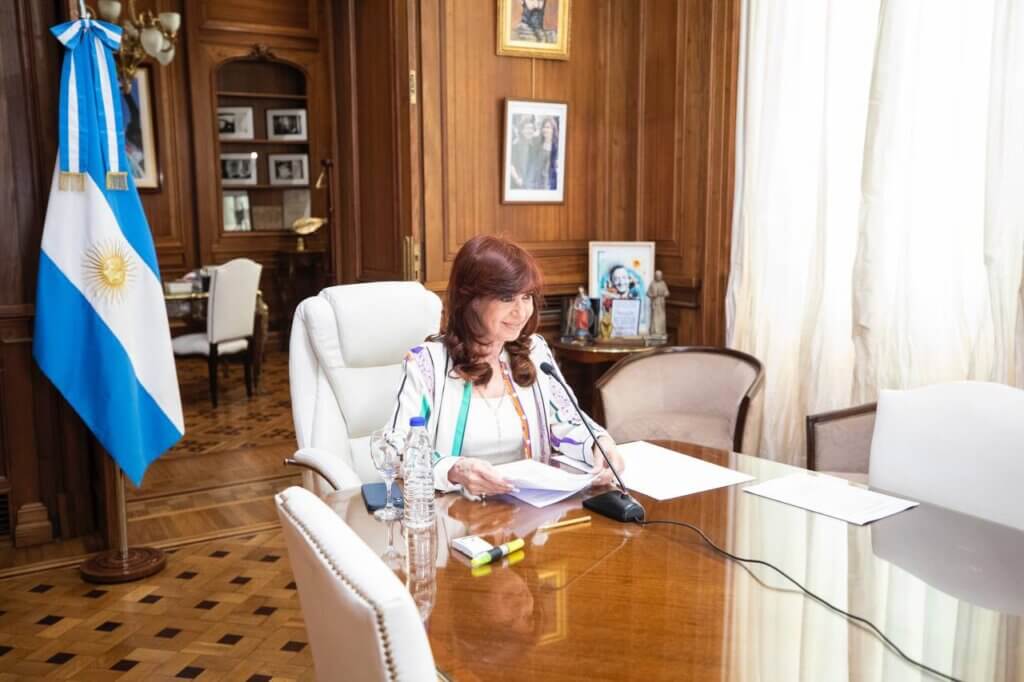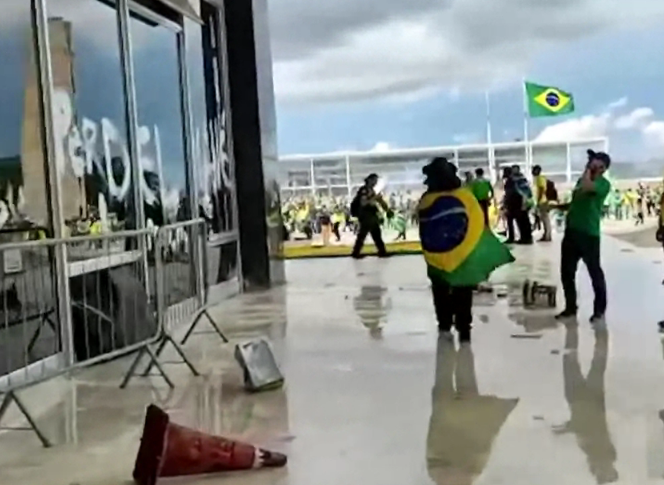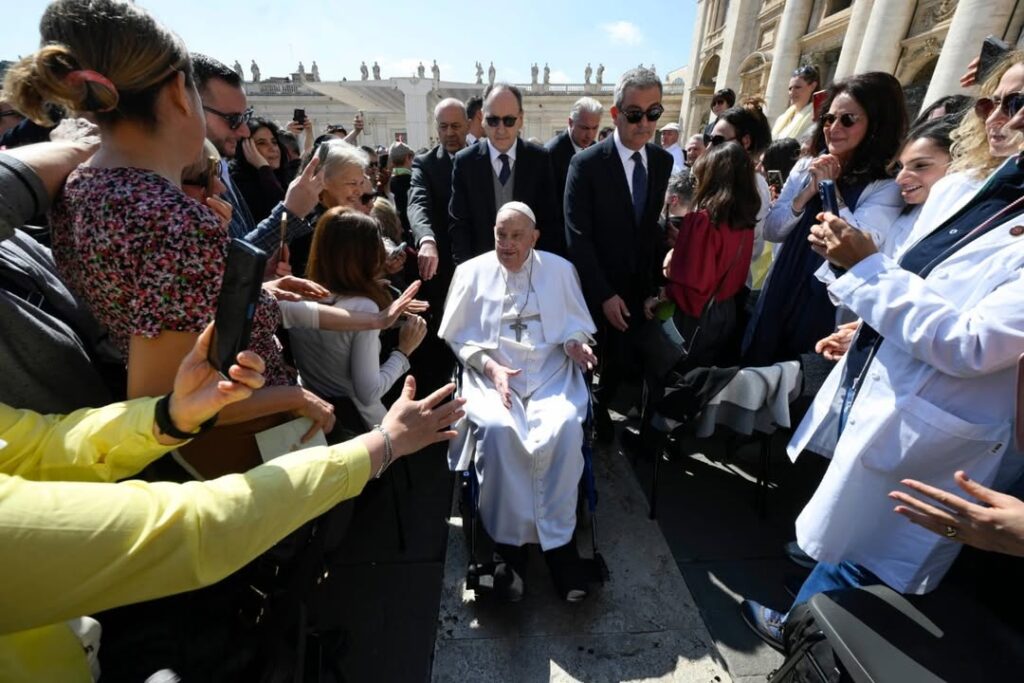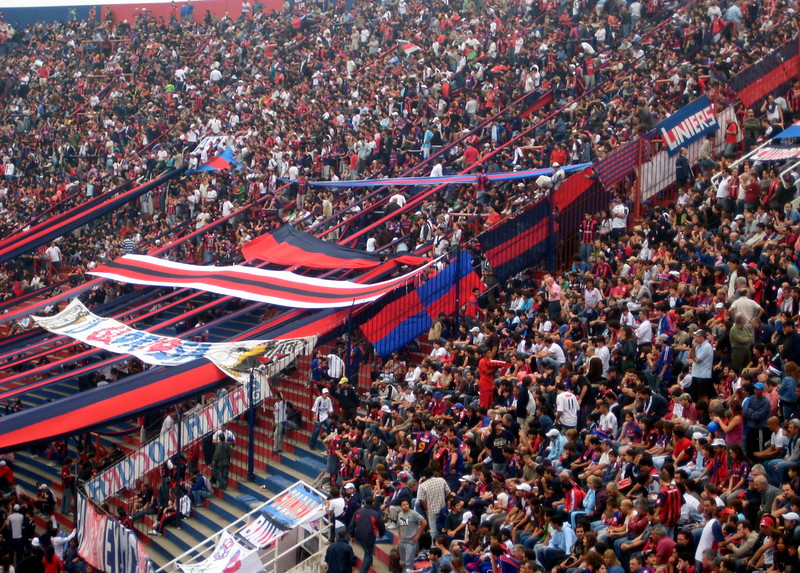The 72-hour teacher strike in the province of Buenos Aires has been delayed due to an ‘obligatory conciliation’ between the government and teacher trade unions, reported Clarin.
The strike was originally planned to begin on Monday July 30, the first day back at school after the winter holidays. It was instigated as a result of the trade unions rejecting the government’s offer of a 15% salary raise along with a 1.7% supplement for teaching materials. A compromise was also made to restart the salarial discussion at the end of August.
The ‘obligatory conciliation’ is a mechanism that freezes the conflict between the two parties for 15 days, when they will restart negotiations. The authorities also decided to pay the July salaries early in order to placate the teachers.
“On Monday the school term will start again because we consider education to be an inalienable right,” stated government sources to Clarin.
A close collaborator of Buenos Aires governor Maria Vidal spoke to La Nacion reiterating the importance of school attendance.
“The provincial state has made eight offers that have always been higher than the rate of inflation,” the collaborator said. “At the same time it strengthened investments in school infrastructure. We have come to this situation due to the failure of the trade unions to reach an agreement and because the state has a higher interest that is to guarantee children’s education and their attendance at school.”
Discussions around teacher’s salary have been going on since November 2017, and there have been no fewer than 17 encounters involving eight government proposals, each one higher than the last. Buenos Aires Minister of Work Marcelo Villegas implied to La Nacion that the government’s offer was fair.
“We consider that this strike is disproportionate and totally political,” he told the media group. “It doesn’t have anything to do with the education or with the province.”
When the strike was first announced, the Buenos Aires government announced that the school canteens would open regardless so that students would be able to attend school despite the strike.
The ‘obligatory conciliation,’ although ensuring that the students will attend school on Monday, was not well received by all parties. The head of the Federation of Buenos Aires Educators (FEB) told La Nacion that the agreement would only create more conflict in the future.
“Instead of putting the blame on the teachers and saying that we are employing political tactics, now they’re launching measures,” he said. “We’re going to wait until we get the updates to see what legal steps we can take.”











